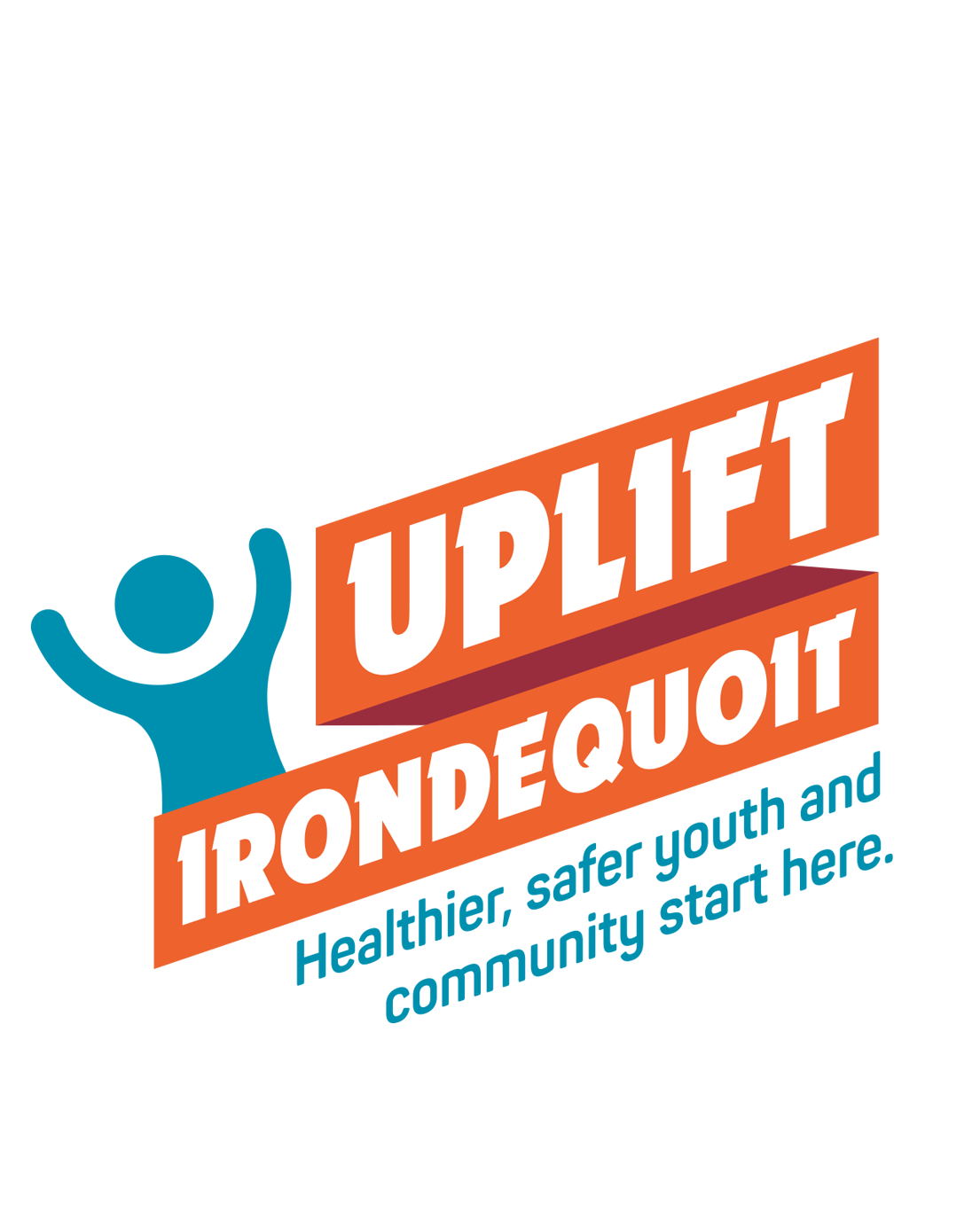
It actually may be stressing you out.
Vaping and the Effect on Your Brain
The Vicious Cycle
We get it – you might think vaping and using other nicotine products helps relieve stress, but what if we told you it could actually make things worse? Whether you're trying nicotine for the first time or have been using it for a while, chances are you've turned to vaping to unwind or de-stress. So hear us out about the science we have to back our claims.
Nicotine, the stuff in vapes that gives you a buzz, is a psychoactive substance that affects the brain's reward system. When inhaled, through vaping, nicotine quickly reaches the brain and binds to receptors that trigger the release of your “feel good” chemicals. These chemicals include dopamine, which the brain associates with pleasure and reward. This causes the brain to send a temporary feeling of relaxation, but this immediate reward can also reinforce the habit of nicotine use as a coping mechanism for stress. The brain will begin to associate vaping nicotine with reduction of stress, so you continue to reach for your vape when you feel stressed.
The problem with this is that your body gets used to nicotine and starts depending on it to feel normal. The more you vape, the more your brain craves it. And since nicotine doesn't stick around for long, you constantly need to puff away to keep that stress relief going. But when you don't vape, your brain throws a fit – that's withdrawal kicking in. Maybe you've noticed feeling cranky, restless, or down when you're not vaping – those are withdrawal symptoms, and they can make stress even worse.
It's a vicious cycle: stress triggers cravings, which lead to more vaping, which makes you more stressed. Plus, if you're under 25, vaping can mess with your brain's development, making it harder to quit in the long run. And let's not forget about the health risks – vaping nicotine isn't harmless, despite what you might think.
But hey, we're not here to lecture you – we just want you to have the facts. The immediate release of stress you feel after vaping may seem real, but there is also a lot more happening that you don’t necessarily notice. The tobacco industry doesn’t care about you, but we do. If you're struggling to quit vaping, you're not alone. There are people and resources out there ready to help you kick the habit for good. Don't be shy – reach out and take that first step towards a vape-free life. We've included some local resources below to get you started. You've got this!
Resources
Learn more about Nicotine and the vicious cycle
Truth Initiative Nicotine Use and Stress
Local Resources
Talk to a School Counselor
East Irondequoit CSD - Amanda Knipfing (Drug and Alcohol Counselor)
West Irondequoit CSD - Nicole Corcimiglia (Substance Use Prevention Counselor)
Not part of one of these districts? Go into your counseling office and ask if there is a Substance Use Prevention Counselor at your school!
University of Rochester Medical Center (URMC): Vape Escape (Open to 12-18 year-olds)
Strong Recovery Outpatient Chemical Dependency Clinic (Open to 14-18 y/o)
Local Pediatricians and Family Medicine Practices: Many pediatricians and family medicine practices in the Rochester area offer support and resources for adolescents who want to quit nicotine. Schedule an appointment with your primary care provider to discuss your options.
General Quit Resources:
National Cancer Institute's Quitline 1-800-QUIT-NOW
Smokefree Teen https://teen.smokefree.gov/
This campaign is supported by the Office of National Drug Control Policy (ONDCP) and the Centers for Disease Control and Prevention (CDC) of the U.S. Department of Health and Human Services (HHS) as part of a financial assistance award funded by ONDCP. The contents are those of the author(s) and do not necessarily represent the official views of, nor an endorsement, by ONDCP, CDC/HHS, or the U.S. Government.




